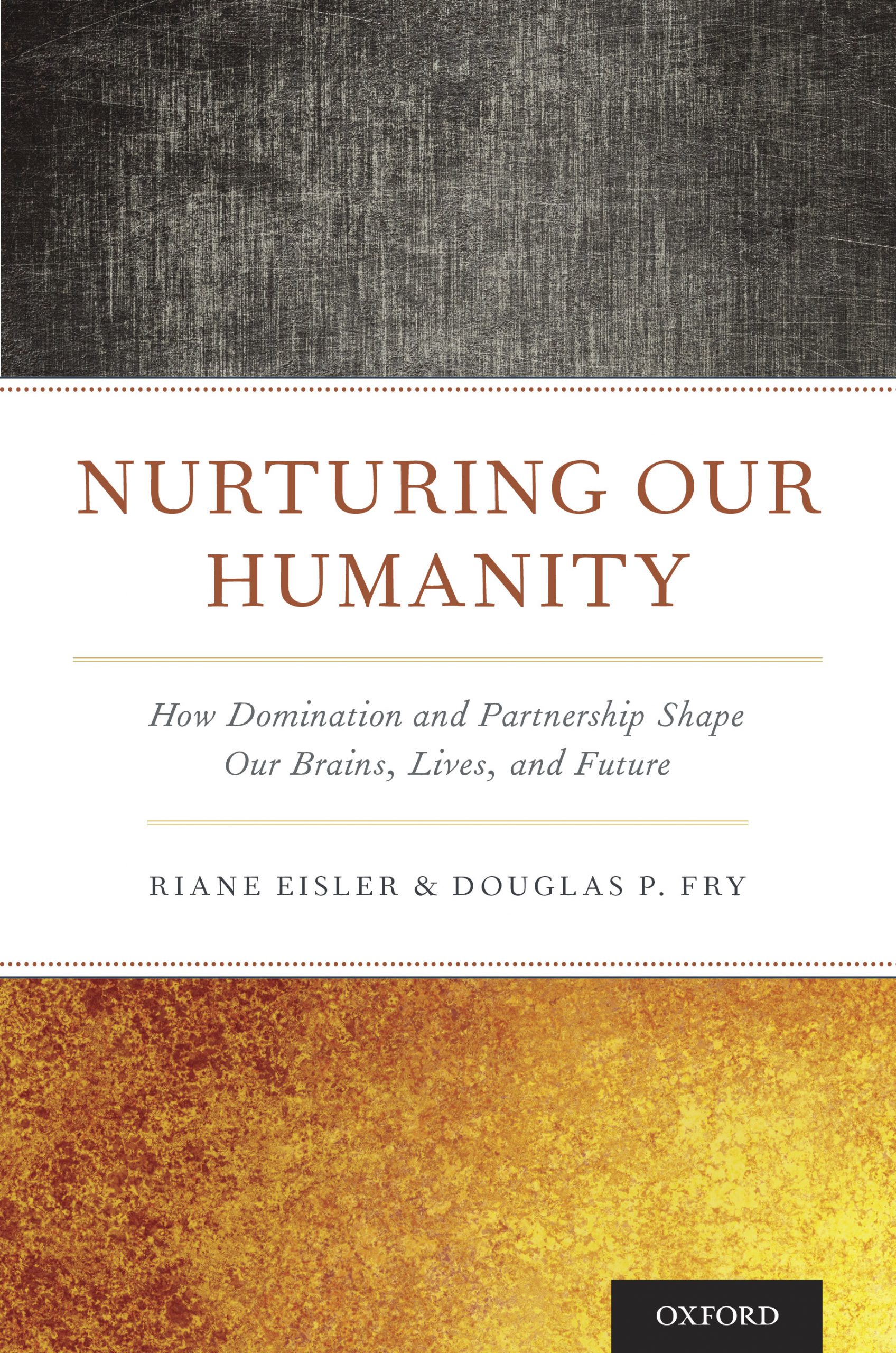Free Essays on Sonnet 27 - Brainia.com.
Shakespeare concludes Sonnet 27 by saying that during the day his limbs get plenty of exercise running around after the Youth (following him around, we presume), while at night, it’s his mind’s turn to be kept busy by this bewitching vision of the Youth’s beauty.Sonnets 27-30 are meditative, focusing on the sleeplessness that comes with restless nights. This theme of a restless night spent thinking of a lover from whom the speaker is separated echoes traditional sonnets, for example Sidney's Sonnet 89 from Astrophel and Stella.Analysis In discussing the first sonnet of William Shakespeare, it is first important to note that the narrator and the theme of the poem are connected. Each has meaning in regard to the other, so analysis of theme or meaning translates to discussing the voice of the narrator. In fact, that voice sets the tone of the sonnet. The speaker never.
With Sonnet 27, the poet seems to regard the youth's affection less securely. Their absence from each other signals a coolness in the relationship. The physical distance, however, does not dull the youth's alluring beauty; the poet imagines the young man as a blinding, brilliant jewel.Shakespeare's Sonnets By William Shakespeare Sonnet 27. Summary and Analysis; Original Text; XXVII. Weary with toil, I haste me to my bed, The dear respose for limbs with travel tir'd; But then begins a journey in my head To work my mind, when body's work's expired: For then my thoughts — from far where I abide — Intend a zealous pilgrimage to thee, And keep my drooping eyelids open wide.

Sonnet 27. page Sonnet 27 Page 1. Page 1 Sonnet 26. Sonnet 28. Original Text: Modern Text: Weary with toil, I haste me to my bed, The dear repose for limbs with travail tired; But then begins a journey in my head. To work my mind, when body’s work’s expired. For then my thoughts, from far where I abide, Intend a zealous pilgrimage to thee, And keep my drooping eyelids open wide, Looking on.











